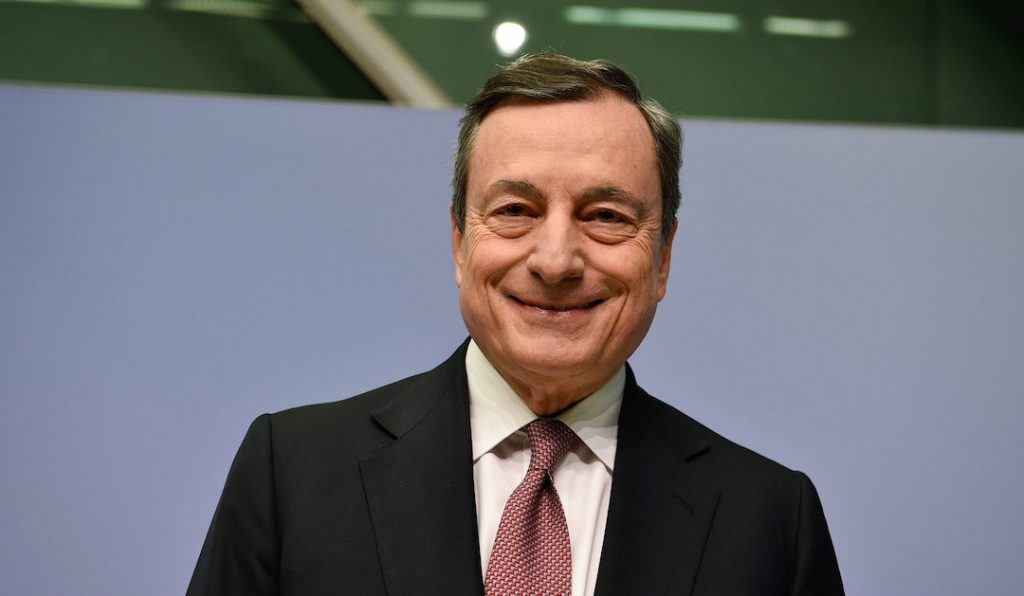Short but succinct summing up of why Draghi’s ECB is leading us in the wrong direction.
Richard Murphy is Professor of Practice in International Political Economy, City University of London. He campaigns on issues of tax avoidance and tax evasion, as well as blogging at Tax Research UK
Cross-posted from Tax Research UK

The ECB recommenced its QE programme yesterday, and cut interest rates as well. Call it Draghi’s last gasp, if you like.
The recommencement provides a challenge for Christine Lagarde in her new rule, when she takes over at the ECB in November. It is a mistake for a number of reasons.
First, and most importantly, it reveals a continuing commitment to the idea of growth, per se. This now makes no sense. We know that growth will cost us the planet, and is the reason why we face a climate crisis. Growth has been blind to that issue and the externalities it creates. Growth is blind too to to the distributional consequences of the policy. And that only exacerbates the problems the programme has created to date.
Second, the programme continues to differentiate, between states and markets. It is not the job is a central bank to do that: these political decisions are for politicians to make.
Third, if there is to be a stimulus than it has to be delivered through fiscal policy. Monetary policy is now unlikely to create any real change: Money is already producing no return as a savings medium: the low rates are not delivering for investment. Nothing is going to change that.
Fourth, any such stimulus has to be planned to be consistent with other policy goals and that means that it has to be consistent with and support a Green New Deal.
Fifth, I strongly suggest that would mean not removing bonds and other assets from the market but should instead mean ensuring the supply to the markets of the assets in which savers might want to invest and which are for once aligned with socially desirable investment opportunities. It is the absence of investment, after all, that is creating the economic issues that the ECB is trying to tackle and yet we know there is a need for trillions of euros of investment in green reacted infrastructure that savings could fund, but which do not do so at present. That is the market failure we need to address. The job of the ECB is to suggest how funds might be made available for this task, and not to work peripherally around the issue.
Last, because the programme does not create any alignment of objectives it continues to undermine the political coherence of Europe, and that makes no sense.
This is the time for fiscal policy, and not just from Germany, although it would be the obvious place to start. Sometime soon the folly of austerity is going to have to be abandoned in those places still dedicated to it. The change cannot come soon enough for economies, for the environment, for markets and for the sake of policy over a wide range of issues. Fiscal policy is the joined up thinking that is required for this moment. That phrase has gone out of fashion. The need for the thinking has not


Be the first to comment